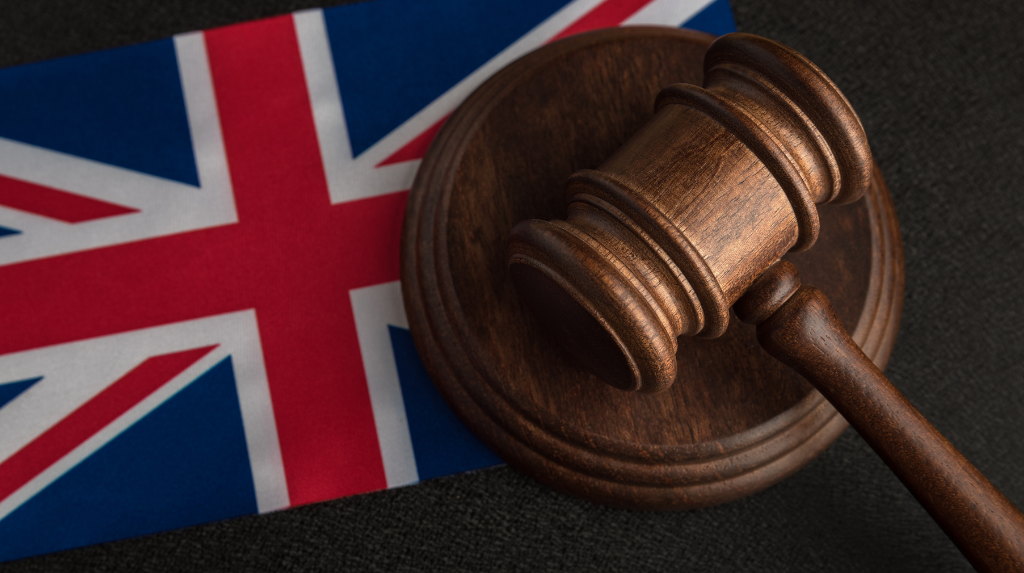In the intricate web of legal proceedings in the United Kingdom, the term “Judicial Review” stands as a pillar of accountability and fairness. It serves as a mechanism for individuals and entities to challenge the legality of decisions made by public bodies. In this article, we embark on a journey to demystify the concept of UK Judicial Review, making the complex accessible, and shedding light on its importance in upholding the rule of law.
Understanding UK Judicial Review:
At its core, Judicial Review is a legal process that allows individuals or organizations to challenge the lawfulness of decisions, actions, or omissions made by public authorities. This process serves as a check on the exercise of power, ensuring that public bodies act within the boundaries set by law and adhere to principles of fairness and reasonableness.
Key Components of UK Judicial Review:
Grounds for Review:
Judicial Review can be sought on various grounds, including illegality, irrationality, and procedural impropriety. Illegality refers to actions beyond the legal authority of the public body, irrationality involves decisions that are so unreasonable that no reasonable authority would have made them, and procedural impropriety relates to unfair or biased decision-making processes.
Public Bodies Subject to Review:
Judicial Review can be applied to decisions made by a wide range of public bodies, including government departments, local authorities, regulatory bodies, and public officials. The goal is to ensure that these bodies act in accordance with the law and do not abuse their powers.
Remedies Available:
If a Judicial Review is successful, the court has the authority to quash the decision in question. In some cases, the court may also grant other remedies, such as damages or a declaration of the rights and obligations of the parties involved.
Standing to Bring a Claim:
Not everyone has automatic standing to bring a Judicial Review claim. Generally, the individual or organization initiating the review must demonstrate a sufficient interest in the matter. This ensures that the process is used judiciously and by those directly affected by the decision in question.
Unique and Human-Centric Tone:
Legal concepts can often be intimidating, but the essence of Judicial Review is grounded in principles that affect individuals and communities. In this article, we strive to present information in a human-centric manner, avoiding unnecessary legal jargon and providing practical insights to empower readers.
Practical Insights for Navigating UK Judicial Review:
Seeking Legal Advice:
Initiating a Judicial Review is a significant legal undertaking. Seeking advice from legal professionals who specialize in administrative law is crucial. They can assess the merits of your case, guide you through the process, and ensure that all procedural requirements are met.
Understanding the Decision-Making Process:
Before considering a Judicial Review, it’s important to have a clear understanding of the decision-making process in question. Identify potential grounds for review, such as illegality, irrationality, or procedural flaws, and gather evidence to support your case.
Consideration of Alternative Dispute Resolution:
In some cases, alternative dispute resolution methods, such as mediation or negotiation, may be more appropriate than Judicial Review. Exploring these options can lead to a quicker and more cost-effective resolution of the dispute.
Cost Considerations:
Pursuing a Judicial Review can be costly. It’s essential to consider the potential financial implications and explore options for funding, such as legal aid or third-party funding, to ensure that access to justice is not hindered by financial constraints.
UK Judicial Review is a powerful tool for holding public bodies accountable and ensuring the rule of law prevails. By demystifying this legal process, we aim to empower individuals and organizations to navigate the complexities of administrative decisions with clarity and confidence. Whether challenging decisions made by government departments or regulatory bodies, understanding the grounds for review and seeking legal advice are crucial steps in upholding principles of fairness and justice. In the tapestry of legal proceedings, Judicial Review is a thread that weaves the fabric of a just and accountable society.
Do you need assistance with a UK judicial review?
Contact our team of skilled immigration lawyers to discuss your visa and immigration needs.
Call us on +234 812 5505 986 or WhatsApp us at +234 818 1547 085 for immediate assistance with your situation. We are available to assist you in person, over the phone, or online.





